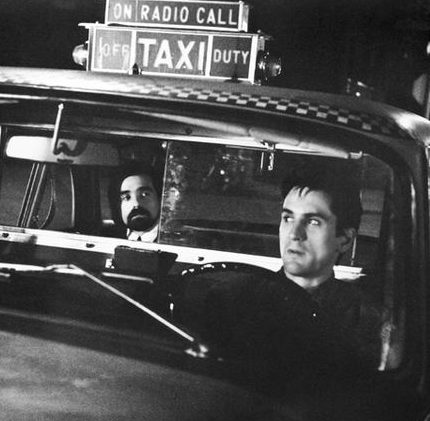If you believe driverless cars won’t soon impact humans who have jobs behind the wheel, a valid argument would be that you think the technology will take considerably longer to implement than expected. You may not wind up being correct, but it’s a rational stance.
Making a case, though, that robocars won’t supplant taxi, bus, limo and delivery drivers because humans possess priceless intangibles is wrong-minded, with a couple of exceptions. Some in the future may desire a human driver as an expensive luxury item, a status symbol, the way a few among us still purchase hand-made shoes. And elderly passengers might need a helping hand into and out of a vehicle, which could require a human helper, even if that person isn’t doubling as the driver. A graying population almost demands such a service.
Plenty of analysts have fallen into what I believe is a trap by trying to apply the example of the persistence of human and freestyle chess in the aftermath of Deep Blue to all fields. Let’s remember that even though a few souls are employed in the chess field, it’s mostly just a leisure game, not a business looking to eliminate costs. While a human paired with a computer may currently be the team to beat, that’s likely just a transitional phase, with people ending up on the losing end of the board. Driverless cars, once perfected, will likewise kick us to the curb.
From Lisa Eadicicco of Time:
Rachel Bolles, who’s been driving for Uber in the Columbus, Ohio area for just over a year, says her job is about much more than getting passengers from A to B. “I consider myself part nanny, part chauffeur,” she says. “A lot of these people just need someone to talk to.”
That was more true than ever when Bolles picked up a distraught customer coping with the death of his girlfriend’s father. Having recently lost her own father, Bolles empathized and offered advice during the trip. “It was one of those rides you walk away from feeling really good,” she says.
But many observers argue that the approximately 4.5 million Americans who work as professional drivers in the U.S. are at risk of being replaced by self-driving vehicles. Once a far-flung fantasy, the technology is inching closer to reality every day. …
Despite self-driving vehicles’ impressive progress, neither Bolles nor any of the half-dozen other rideshare drivers TIME interviewed expressed fear of losing their job to a robotic car any time soon. Some envision themselves working in a different field by the time self-driving technology is ready for primetime, which will likely take several years at least. (Workers, after all, tend to be short-term thinkers.) Others believe the tech may complement, but not completely replace, human drivers. “There’s a lot more to driving than not running into another car,” said Kat Ellery, who also drives for Uber and Lyft in Columbus. “There are a lot of idiosyncrasies that [self-driving cars] can’t account for.”•
Tags: Lisa Eadicicco

